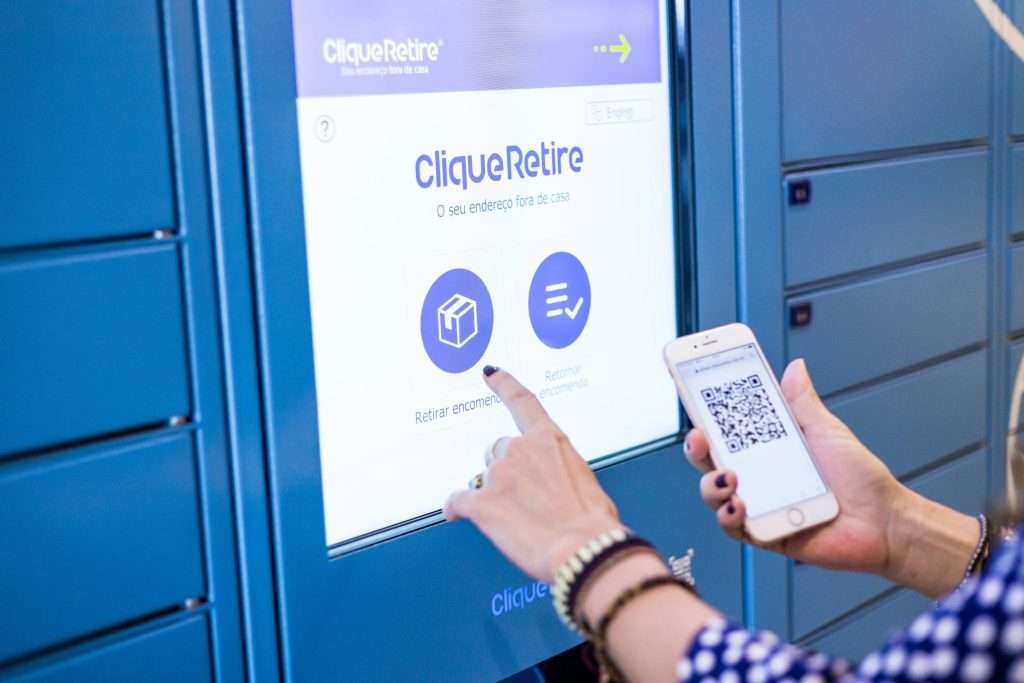As the retail industry evolves, Manhattan Associates highlights the critical role of an efficient returns process in customer satisfaction and brand loyalty, urging retailers to innovate their returns strategies amidst the cost-of-living crisis.
The Returns Revolution
Retailers are recognizing the returns process as a pivotal aspect of the customer experience. According to Manhattan Associates’ Unified Commerce Benchmark report, a staggering 82% of UK shoppers demand improvements in the returns process, citing high postage costs and tracking inefficiencies as major pain points. With over £4.1 billion in online clothing returns in 2023, and an expected increase of 16.7% by 2027, the pressure is on for retailers to revamp their returns strategies to foster customer loyalty. Specialty retailers have an opportunity to differentiate themselves by offering advanced return options, such as convenient drop-off points, enhancing the service and support journey.
Enhancing Fulfillment Flexibility
In the UK, brands are improving the purchase and fulfillment experience by offering flexible options like collection point pick-ups and in-store ordering for home delivery. The ability to modify orders post-confirmation adds another layer of convenience, as demonstrated by Nike’s cancellation policy and Next’s multiple fulfillment methods. With 56% of consumers expecting retailers to manage and finance return pick-ups, it’s clear that alleviating the financial burden of returns is crucial for maintaining customer satisfaction.
Craig Summers, MD of UK / VP of Northern Europe, MEA, Manhattan Associates, emphasizes the importance of hassle-free returns in building brand confidence and loyalty. In a competitive market, streamlined returns processes and a variety of options are essential to keep customers content and loyal.
Balancing Delivery Costs and Sustainability
The cost of delivery is a contentious issue among UK shoppers, particularly during the ongoing cost-of-living crisis. Manhattan’s report indicates that 61% of consumers would abandon a purchase if delivery costs are too high, highlighting the need for retailers to offer cost-effective delivery options. Retailers must strike a balance between affordable delivery and profitability, exploring strategies like free delivery over a spend threshold or flat-rate fees.
Summers points out that retailers must adapt their delivery strategies to their target audience’s expectations while considering environmental impacts. Flexible delivery options, partnerships with local services, and incentives for repeat customers can satisfy consumer demands and reduce carbon footprints. Achieving this balance between cost efficiency and sustainability is vital for long-term retail success.







